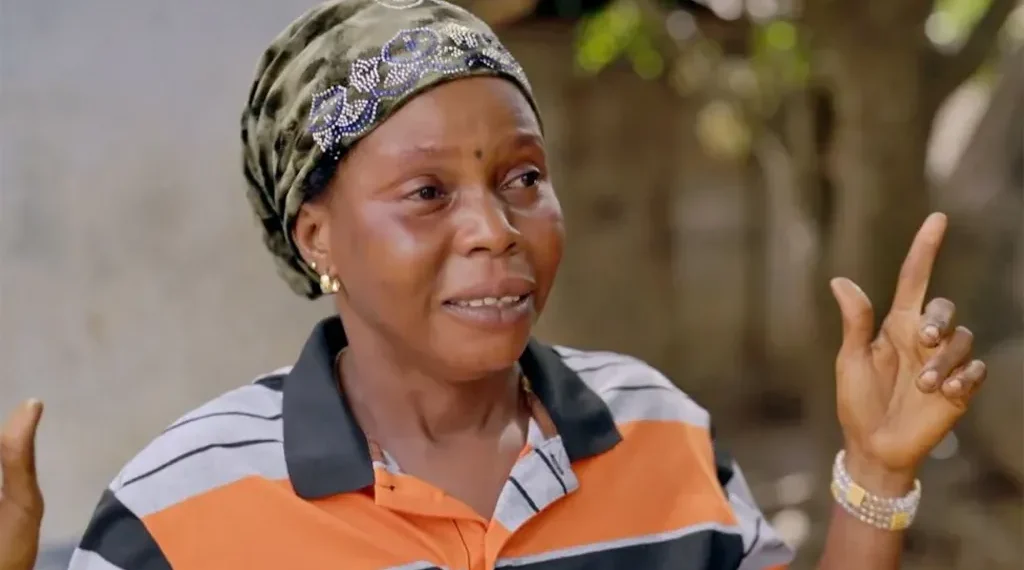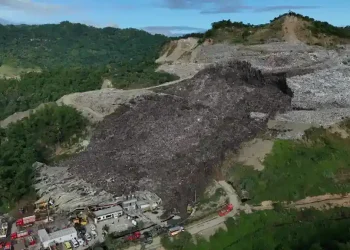Underground Trade in Human Body Parts Fuels Fear Across Sierra Leone
Africa, Sierra Leone (Journos News) – In Sierra Leone, a series of suspected ritual killings has left families traumatized and communities fearful. BBC Africa Eye investigated the trade in human body parts used in black magic, known locally as juju, revealing a dangerous underground network that preys on vulnerable individuals.
For Sallay Kalokoh, the mother of an 11-year-old boy named Papayo, the pain remains unresolved four years after her son’s murder. Papayo was found in a well, mutilated, with vital organs, one arm, and his eyes removed. The boy had gone to sell fish at the local market and never returned.
“We always tell our children to be careful. If you are selling, don’t go to a corner or take gifts from strangers. It happens frequently in this country,” Ms. Kalokoh said, describing the constant fear in her hometown of Makeni.
Ritual Killings and Law Enforcement Challenges
Ritual killings occur when parts of a human body are used to create charms or potions believed to bring prosperity, power, or political influence. Authorities face significant obstacles in investigating such crimes. Sierra Leone has a population of approximately 8.9 million but only one pathologist, making it extremely difficult to collect forensic evidence.
Cultural beliefs in witchcraft are deeply rooted, even among law enforcement personnel, which often discourages pursuing these cases. Most ritual killings go unsolved, leaving families without justice.
Investigating the Trade
BBC Africa Eye’s team found individuals claiming to be juju practitioners offering to procure human body parts for rituals. Operating under pseudonyms, these practitioners spoke of extensive networks and clients across West Africa. In a remote part of Kambia district near the Guinean border, one practitioner, known as Kanu, conducted rituals in a secluded bush shrine, claiming political connections and displaying human remains, including a skull.
Kanu reportedly offered to provide limbs for a price of 70 million leones (approximately $3,000). Due to safety concerns, the investigative team did not meet him again but handed evidence to local authorities.
Traditional Healers vs. Criminal Elements
Many practitioners, often referred to as herbalists, are legitimate traditional healers who use plants and mysticism to treat illness, including mental health issues. Sierra Leone had around 1,000 registered doctors in 2022 compared with an estimated 45,000 traditional healers.
Sheku Tarawallie, president of the Council of Traditional Healers, condemned criminal practitioners like Kanu. “We are healers, we are not killers. Those seeking power and money are often behind ritual killings,” he said. Tarawallie collaborates with authorities to open clinics for legitimate patient care and assists police in operations against rogue herbalists.
Undercover Investigations and Police Raids
BBC Africa Eye identified another suspected supplier in Waterloo, a suburb of Freetown, claiming to oversee 250 herbalists involved in obtaining human body parts. Posing as a client, an investigator learned of planned abductions. Police Commissioner Ibrahim Sama organized a raid with the assistance of Tarawallie, resulting in the arrest of the main suspect, Idara, and two associates. They were charged with practising sorcery and possession of ritual-related weapons, though they were later granted bail pending further investigation.
High-profile cases frequently stall. For instance, a university lecturer’s body was found in a shrine in Waterloo in 2021, but legal proceedings remain incomplete.
Ongoing Trauma in Communities
Families continue to struggle with unresolved murders. In May, Fatmata Conteh, a 28-year-old hairdresser and mother of two, was found dead by the roadside in Makeni, with missing front teeth suggesting a ritual killing. Despite a family-funded autopsy, authorities could not confirm the cause of death, and no arrests have been made.
The lack of accountability exacerbates fear in communities, leaving families feeling abandoned by law enforcement. Residents report a climate of terror, particularly in poorer towns where ritual killings appear more prevalent.
Cultural and Societal Context
Sierra Leone is predominantly Muslim or Christian, yet belief in witchcraft remains widespread. Experts note that ritual murders are rarely recorded as a distinct category of homicide in African nations, often misclassified as accidents, animal attacks, suicides, or natural deaths. Estimates suggest up to 90 percent of perpetrators evade justice, further perpetuating the cycle of fear.
Conclusion
Ritual killings in Sierra Leone reflect a complex intersection of superstition, crime, and limited law enforcement resources. While traditional healers provide essential healthcare and spiritual guidance, rogue practitioners exploit deeply held beliefs for profit and influence. Investigations by journalists and collaboration between authorities and responsible healers are critical to addressing this hidden trade and providing justice for victims.
This article was rewritten by JournosNews.com based on verified reporting from trusted sources. The content has been independently reviewed, fact-checked, and edited for accuracy, neutrality, tone, and global readability in accordance with Google News and AdSense standards.
All opinions, quotes, or statements from contributors, experts, or sourced organizations do not necessarily reflect the views of JournosNews.com. JournosNews.com maintains full editorial independence from any external funders, sponsors, or organizations.
Stay informed with JournosNews.com — your trusted source for verified global reporting and in-depth analysis. Follow us on Google News, BlueSky, and X for real-time updates.














